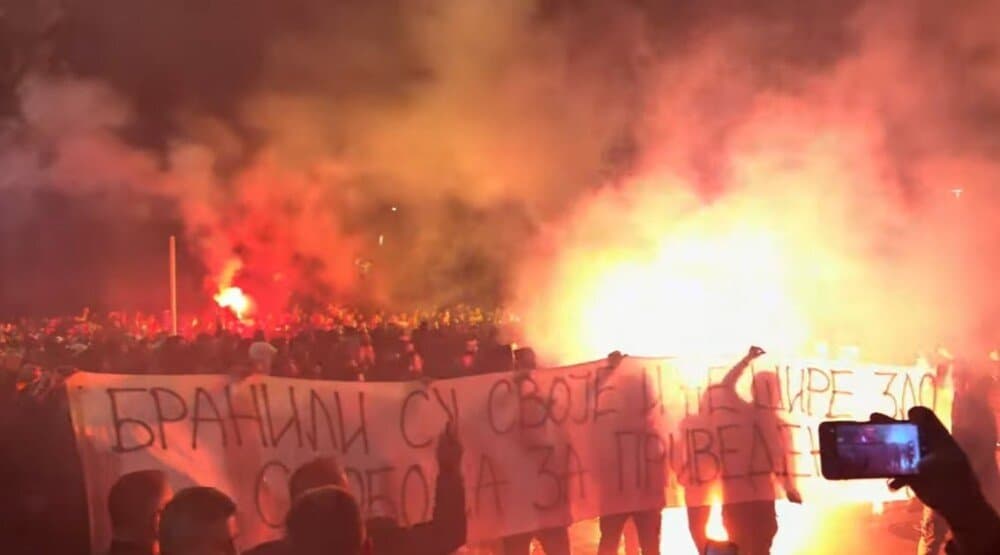The latest non-paper of the European Commission for chapters 23 and 24, published in May 2025. clearly recognizes that Montenegro is experiencing a serious setback in the field of human rights of LGBTI people. The document clearly indicates what many reports of international and European organizations confirm – the continuous absence of institutional and legislative progress, especially when it comes to the human rights of LGBTI people.
The document states the decision of the Government of Montenegro from December 2024. not to include the Draft Law on legal recognition of gender identity based on self-determination in the agenda, despite the fact that the Draft had previously passed all the necessary stages of the legislative process. The European Commission notes that during the reporting period there was no progress in harmonizing the by-laws with the Law on same-sex life partnerships from 2020, which continues to delay its full implementation and deny same-sex partners access to basic rights. This situation makes this law a dead letter for the fifth year in a row.
In the document, it is additionally recalled that during the year 2024, Montenegro recorded a significant drop on the ILGA-Europe Rainbow Map, from 12th to 20th place, in just the past few years, and the growing anti-LGBTI rhetoric and stagnation in the implementation of policies and laws in this area are also worrying.
With this statement, the EU stopped the practice of harsh reporting on the lack of progress and regression of human rights, current for some time, which was present due to the great desire to help Montenegro join the Union as soon as possible. However, such a concrete statement is a clear indication to any connoisseur of diplomatic vocabulary of the criticism that comes after a long period of tolerance for continuous non-fulfillment of the assumed obligations to improve human rights, which include ensuring the right to self-determination, which the Government, led by Prime Minister Spajić, regularly boasted about in many meetings with international officials, at international conferences, and in the media.
Messages from non-papers point to the urgent need for Montenegrin institutions to recognize the human rights of LGBTI people as an indispensable part of reforms in the area of the rule of law and the process of European integration. We call on the executive power to ensure the consistent application of existing legislation and renew the processes of improving the legislative framework related to gender equality and legal recognition of gender on the basis of self-determination, which it has committed to through numerous adopted documents. We remind you once again that human rights in Montenegro must not be the terrain of political calculations, and that it is clear that the implementation of existing laws and the adoption of new ones, such as the law on self-determination, are continuously strategically blocked from the top, demonstrating the absence of courage and determination to improve human rights, as well as the mere declarative democratic orientation of the ruling majority.
Please note that this document, as well as numerous others, indicate that the European path of Montenegro unequivocally includes the improvement of the state of human rights of all Montenegrin citizens. Attempts to ignore topics such as self-determination (in which Prime Minister Milojko Spajić is persistent), downplay or publicly deny (which the President of the Assembly Andrija Mandić has already tried) represent a bad attempt to import and domesticate right-wing propaganda that targets women and LGBTI people in the Montenegrin public discourse and thereby render meaningless the gross violation of the basic human rights of Montenegrin society, which must concern all of us.
Montenegro, as a candidate country for membership in the European Union, must show real commitment to fundamental European values - equality, non-discrimination and respect for human rights for all citizens, without exception.






